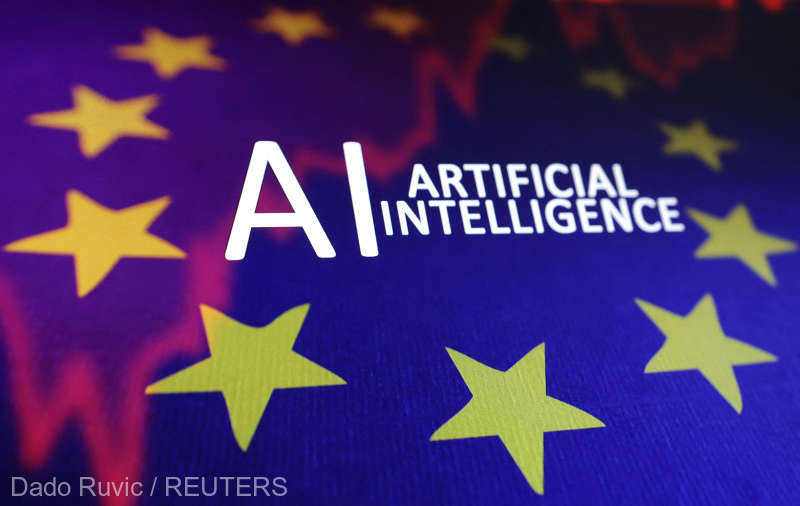Prague – From August 1, the first legal regulation governing artificial intelligence (AI), also known as the AI Act, is in force in the Czech Republic and the entire European Union. It prohibits, for example, biometric categorization of citizens and AI that manipulates people, exploits children, or classifies people based on their social behavior. The regulation also simplifies the development, operation, and free movement of AI services and products in the EU internal market. This was stated by the office of the Deputy Prime Minister for Digitalization Ivan Bartoš (Pirates) in a press release.
“During its presidency, the Czech Republic significantly contributed to the creation of the AI Act, which is our response to the challenges of rapid technological progress. We want to ensure the ethical and transparent use of artificial intelligence, protect the fundamental rights of citizens, and enable our businesses to become leaders in the industry. We are the first to address this issue comprehensively and with this step, we are setting a global standard for safe and responsible artificial intelligence. Citizens will thus be protected and assured that artificial intelligence works in their favor,” said Bartoš.
According to Bartoš, the aim of the regulation is also to support innovation alongside the protection of residents. The AI Act envisions the establishment of a so-called sandbox, a controlled environment where AI systems can be tested in real conditions before they are brought to market. Several EU member states will be able to establish a joint sandbox. This measure will help entrepreneurs reduce initial costs and increase their competitiveness in the international market.
It also includes an AI innovation package aimed at supporting small and medium-sized businesses and startups in the development of artificial intelligence. For example, it will enable European startups to use supercomputers to train responsible AI models. According to Bartoš, the AI Act is not regulation in the traditional sense but focuses on protecting people from the misuse of artificial intelligence and high-risk AI systems. The greater the risk posed by a given AI system, the stricter the rules for its use must be followed. (August 1)
 go to the original language article
go to the original language article
